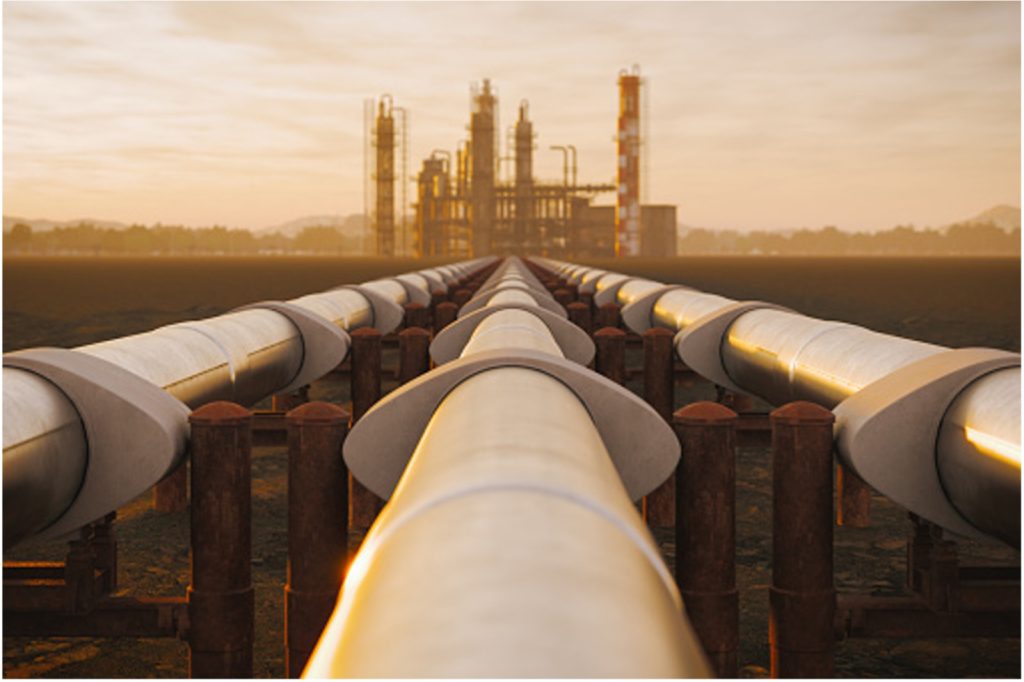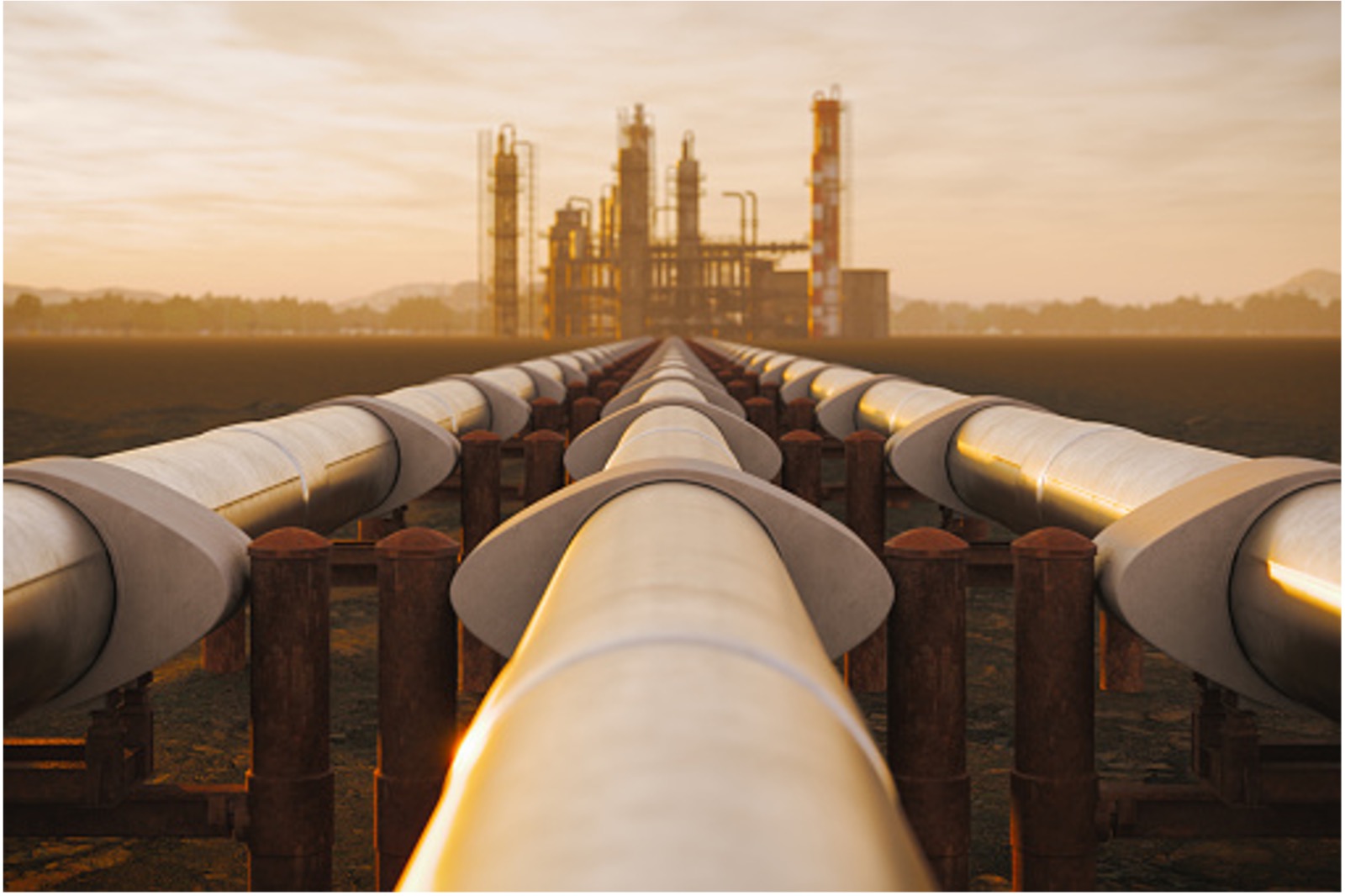Dr Michele Groppi (KCL and President of ITSS Verona) hosts a joint KCL/ITSS Verona event featuring the presentation of "Vulnerability and Resilience to Violent Extremism: An Actor-Centric Approach", output of the PAVE project which compares and contrasts the MENA Region and the Balkans. Authors, editors and special guests: - Véronique Dudouet (Berghof Foundation) - Johanna-Maria Hülzer (Berghof Foundation) - Maja Halilovic-Pastuovic (Trinity College Dublin) - Juline Beaujouan (University of Edinburg) - Marie Kortam (IFPO Beirut) - Amjed Rasheed (King's College London) - Racheal Atley (UN CTED)
By: Riccardo Bosticco, Lorenzo Caruti, Sofia Dal Santo, Miguel Jiménez, Michele Mignogna.
Introduction
The Russian invasion of Ukraine started on February 24, is already showing significant effects on a global scale. As most States and international organizations have officially condemned the war - from West to East between America, Europe, and Africa - openly criticizing Putin's behavior and deciding to sanction Moscow heavily, the biggest problem concerns the aspect inherent to energy supplies. "Europe depends on Russia for about 40% of its natural gas, with most of it transported by pipeline", explains Reuters. Luckily for them, most European countries have cut reliance on Russian gas in recent years. Yet dependency is still weighty, and the most recent sanctions on Moscow caused a further growth of gas prices. European states and companies have acknowledged the danger of relying too heavily on Russian energy, and also those countries that had a commercial, yet controversial, understanding of energy relations with Russia, like Germany, decided to act firmly.
The United States proposes solutions to Europe, while oil and gas producers in the MENA act controversially, and China remains cautiously in the background, carefully observing the evolution of the situation without intervening directly or taking a clear position. Where will the current energy decisions drive us?
The European Union
The EU is a substantial energy importer, largely reliant on Russia's supply. Accordingly, due to sanctions imposed to punish Russia, the EU has set about to make a significant course correction. The European Commission has proposed an outline of a plan to make Europe independent from Russian gas before 2030: REPowerEU. The main goal of this ambitious plan is to diversify to the greatest extent possible the gas suppliers of the EU by increasing LNG Imports and constructing alternative pipelines. To do so, a strong political will by the Member States to follow the correct route and avoid uncoordinated actions is needed.
Currently, there are not sufficient LNG terminals in the Eastern EU, although growing investments have been undertaken in recent years by the Union; it is, therefore, crucial that such countries have access to regional gas hubs. In addition, even the construction of alternative pipelines prompts some issues. Unsurprisingly, European customers are unwilling to commit financially to long-term gas purchase contracts, which would be necessary to sustain pipeline development, due to EU green obligations. Furthermore, authoritarian governments like Azerbaijan's, Turkey's, and the Gulf monarchies' influence on the gas trade would remain, leaving the door open for political exploits of energy flows. Besides, the existing alternative sources of natural gas to the EU appear to be already at the highest production level. Therefore, the most likely option seems to import from the Caspian Sea.
Overall, an emphasis is placed by the Commission on boosting energy efficiency and increasing the use of renewables. This is essential since it contributes to terminating the EU's overdependence on a single supplier, even though it does not provide a suitable solution in the short term. Last but not least, the Commission has even undertaken initiatives to mitigate high energy prices.
The United States
Since the energy sector is the primary source of Russia's revenues, this was a primary target for Western sanctions. Yet, while the EU depends heavily on Russian energy, the US is a net energy exporter. Biden recognized this fact. When asked about Italy's carefulness at sanctioning energy, he answered that "this is an alliance of nations that each have their priorities and their […] concerns". Yet, on March 8, the US sanctioned all of Russia's energy exports in the US. The United States is now trying to convince the European allies to do the same by offering additional LNG supplies. On March 25, while in Brussels, Joe Biden announced that the US would send another 15 billion cubic meters of liquefied natural gas to Europe. The United States' primary objective is to disentangle European energy dependency on Russia. The challenges at stake are significant, and the following lines highlight them.
While the strategy to realize such an objective is to rely on scale capacity, what matters in a crisis like this is spare capacity, a factor that might complicate things for the US. Further, the opacity around the technical aspects surrounding the March 25 deal seems indeed mirror the difficulties of disentangling the EU from Russian gas. Moreover, LNG infrastructural capacities in Europe need funds. Turning to oil, the US has demanded an increase in oil output to avoid prices spiking. However, national frackers and OPEC+ countries show little interest in ramping up output. The dilemma is over the first-mover's disadvantage. There has been a phone call between Biden and King Salman of Saudi Arabia concerning additional output; yet, Riyadh answered that it does not want to politicize oil, preferring to observe the other producers' moves and the outcome of the Iranian sanctions lift issue. So, what is next for the US energy strategy?

MENA Region
While the war is taking place in Europe, it will have long-term effects in the Middle East, too. The leaders found themselves at a crossroads: they condemned Russia but did not agree to impose such severe punitive sanctions. Russia is an essential economic and strategic ally, necessary to maintain control over the Iranian nuclear threat. Moreover, it is the main supplier of wheat, on which many countries in the North African area depend. However, the United States is a fundamental player, too, especially for the political stability achieved in recent years by some countries. In the war context, the oil-producing countries in the Gulf have seen increased revenues. However, beyond the economy, the outcome of this conflict could have significant geopolitical implications for the region, including reshuffling alliances and redefining pipeline routes.
The geopolitical consequences of the war also affected the oil market. Leading OPEC Plus member countries, Saudi Arabia and the United Arab Emirates, have stressed that cutting Russia out of the oil market would have severe consequences for both the European Union and the United States. Both Ryad and Abu Dhabi are moving closer and closer to Asia, also considering accepting the Yuan instead of the dollar as the oil currency, distancing themselves from Washington, which has been indifferent to the recent missile attacks they suffered. Another debate on energy matters is underway in the Mediterranean area. For example, Turkey is trying to maintain neutrality in the conflict in Europe: with the new energy alternatives that Europe could have at its disposal in order not to be dependent on Russian gas, Turkey could act as a bridge to bring gas to Europe via the Turkstream project, a possible option if Nordstream is not activated, and also for the East-med Pipeline, currently stalled due to the recent withdrawal of the US from the project.
China
The eventual termination of European energy contracts would put Vladimir Putin under strain since these cash flows are helping the president sustain an already longer than expected invasion. That is where China comes into play. Even though the "red dragon's" stand on Russia's invasion has been somewhat ambiguous, the country has got many reasons for stepping up and taking over the gas imports that Europe will, in time, refrain from. Energy has fueled the extraordinary growth of the "workshop of the world". The country began to aggressively pursue energy sources beyond its borders after 1993, when it became a net energy importer. This deficit was accentuated by the surge of bilateral and multilateral deals after joining the WTO in 2001. The prospects which visualize the country undergoing a structural transformation and moving towards less energy-intensive sectors might alleviate these increased energy needs. However, guaranteeing energy security is a top priority for the one-party state until then.
Surprisingly, oil meets a tiny fraction of China's domestic total energy demand, and much of it gets to China through the South Sea, a heavily disputed route among Asian countries. This supply uncertainty prevents China from reducing its coal consumption, representing 60% of energy consumption. Nevertheless, China's commitments to be carbon neutral by 2060 do inevitably accelerate the phasing out of coal. Besides having long-term plans for heavily investing in nuclear energy and hydrogen, natural gas supplied by Russia has become increasingly more relevant. The first steps towards this alliance materialized in 2019, with Siberia's pipeline pumping liquefied natural gas to northeastern China. This association was scaled up on February 4, when a 30-year contract was settled which secured the construction of a pipeline connecting with the northeast of the country. Yet, this alliance may even go beyond natural gas. Recent news of the departure of oil giants such as BP, Shell, and Exxon from their joint ventures with Russian companies have spurred speculations of China's state-owned companies stepping in.
Conclusion
As soon as the shock of the Ukrainian war arrived, the West discovered a hard truth: even in a globally interdependent world, it is not safe to be heavily dependent on a single country. As mentioned above, Europe is moving towards making plans to become energetically independent. Nevertheless, West leaders are conscious that the road to independence will be long and winding, indeed taking years to make it. However, the problem is not only a European matter: as previously said, even a solid Russian ally like China is facing the effect of the energetic crisis. On the other hand, Beijing will probably be seen as the only winner at the war's end, mainly for its ambiguous position. At the same time, the United States is dealing with a different situation: even though it does not depend on energy imported from Moscow, its role as a leader is put to the test. Washington needs to help its allies and, simultaneously, avoid the MENA Region ending up in the hands of China. Therefore, what is at stake is not only the energy question: the current world order could become very different at the end of the day.

